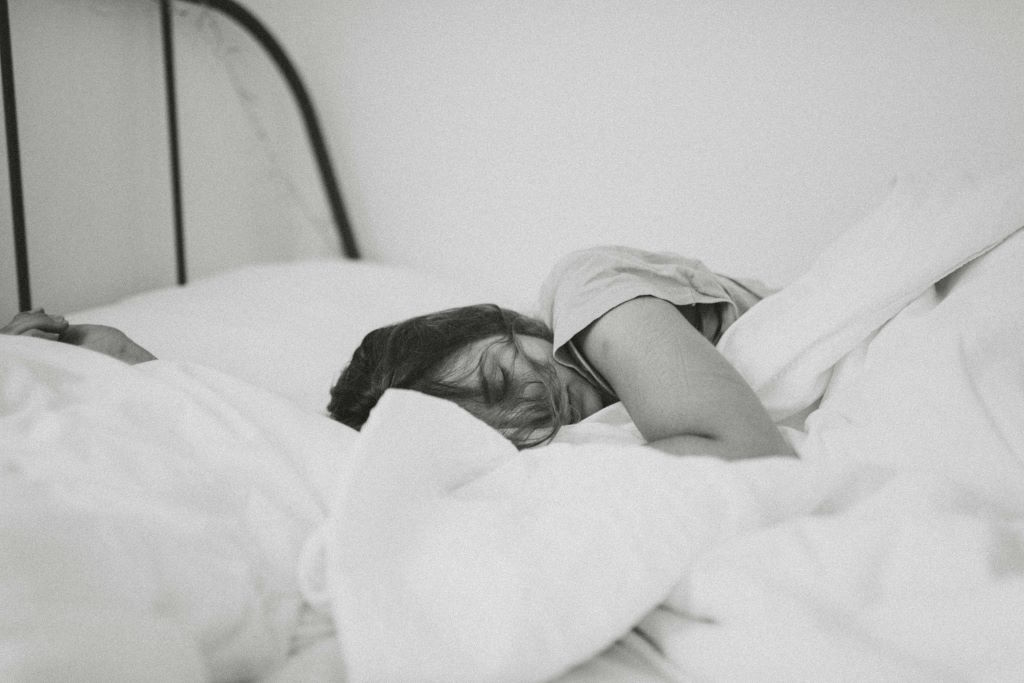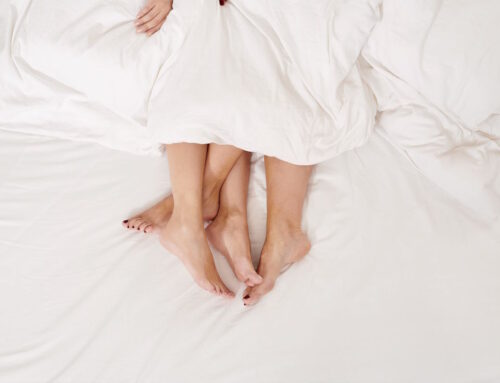Sleep is one of the most important ways to keep those stress hormones in check and can help reduce the anxiety around trying for a baby.
And that’s all before we look at their impact on our reproductive hormones! Oestrogen must rise and fall appropriately to enable to FSH and LH to stimulate ovulation. However, sleep deprivation has been associated with increases in oestrogen and high oestrogen levels can lead to monthly PMS symptoms. Sleep dysregulation may also directly reduce the effect of LH and longer sleep duration may optimise FSH levels.
We make poorer food choices after a bad night’s sleep and this can cause imbalances in our blood sugar levels and affect our stress hormones, which in turn affects our immune system.
We need our immune system to be in balance to support implantation and a healthy pregnancy.
Tips for a good night’s sleep:
- Get out in the daylight first thing and leave those sunglasses at home! Exposure to natural sunlight as early in the day as possible has been shown to increase melatonin production and help improve sleep quality.
- Avoid stimulants like caffeine, alcohol and sugar in the evening as they trigger the release of stress hormones and can make you feel wired when you are trying to sleep.
- Eat a balanced meal in the evening containing wholegrain carbohydrates, protein and fat to keep blood sugar levels balanced. Oat cakes or a handful of nuts are a helpful sleep snack an hour or so before bedtime.
- Introduce a bedtime routine that helps you unwind including some stretching, an Epsom salt bath, an herbal tea and a good book. Keep your room cool and as dark as possible or wear an eye mask.
- Consistent bed and wake-up time can help regulate circadian rhythms and improve sleep quality. Go to bed at the same time and set the alarm for the same time every day, even at weekends
- Reduce your exposure to blue light which can reduce melatonin release and make it harder to fall, and stay, asleep. Avoid TV, phone, tablet and computer screens at least an hour before bed and if you must use them, use the night mode to make the light more orange in colour. Blue-light blocking glasses are also worth the investment if you need to use screens in the evening.




